“Tell me about yourself,” Colleen said when we first met. “Why have you come to see me?”
I looked around her office. Well, it was more a converted den that was added on to the back of her house. It was nice enough, I guess… wood paneling, fancy diplomas framed on the wall, and shelves lined with more books than I’d ever seen in my life.
I looked back at Colleen, her skin tinted amber by the setting sun.
“Donnie told me to come ’cause he thinks I have anger issues.”
“Donnie?”
“He’s kind of like… my older brother? Well, at least he acts like one.”
“Do you have any others close to you?”
“Yeah… the people in my GED study group. They’re my family.”
“It sounds like you care about them a great deal.”
“I would kill for them.”
Colleen must’ve seen the coldness in my eyes because she shifted uncomfortably in her seat. “So… about the anger issues. What do you think?”
“I mean… we all get angry, right?”
“Yes, but in different ways. For example, when I get angry, I like to go for a walk and try to process the anger. What about you?”
I looked at her and smiled. If she knew the thoughts that dwelled in my head, she might need a therapist of her own.
“Who’s that?” I asked, looking at a framed picture of a young boy in a baseball uniform, smiling with all the innocence of someone not yet familiar with the realities of this world.
“That’s Nanda, my son,” she said with softness in her voice.
I stared at the picture for a moment longer. “Do you love him?” I asked.
“Yes, but sometimes, he makes me forget.”
I nodded and snorted at the joke. Then we sat in silence for a while as I continued to stare at the picture.
“My father loved me,” I said matter-of-factly.
Colleen smiled sympathetically.
“That’s a wonderful thing to know. Not every child is that lucky. Where is he now?”
“Dead,” I said, looking away.
“I’m sorry to hear that. If you don’t mind my asking… how did he die?”
I returned my gaze to her.
“If I tell you, and you end up thinking I’m crazy… will you have me committed?”
She seemed a little taken aback by that question. “Not likely.”
“But is it possible?”
“Only when someone is a danger to themselves… or others. Do you think that applies to you?”
I began to chuckle, and before I knew it I was shaking with uncontrollable laughter. My arms were wrapped around my belly as I doubled over, wheezing for breath.
When I finally straightened up, I wiped my mouth with the back of my hand, and managed to give her an answer. “I’ll let you decide.”
***
I was born in a nameless village by the sea, a long, long time ago in Korea...
I never knew my mother. She died shortly after I was born. The people in the village would tell me that she was the most beautiful woman they had ever seen, with skin like moonlight and hair as dark as the midnight sea.
My father was not handsome, but he was strong and honest and good, with hands roughened by the soil.
My parents were children when they wed—just barely into their teens—but their lives together didn’t start with a fairy tale romance.
It was simply the result of a meeting between their parents and the old village shaman. My father told me that my mother had cried every night for a week after their marriage.
At the end of those seven days, she snuck out of the house and ran barefoot through several villages, all the way back to her family, and begged them on her knees to take her back.
When her parents refused to listen to her and pleaded with her to go back to her husband, she took out a knife and stabbed the dirt in front of her.
“The only way I’ll return,” she said, “is in the back of a wagon under a straw mat”—in other words, over her dead body. Then she let go of the knife and waited for her fate to be decided.
My father wouldn’t tell me what happened after that. I don’t think he fully knew himself. But after three days, my mother, looking pale and thin, returned with her father. She bowed to her in-laws, then to her husband, and without a word, she walked into the house.
My father did everything he could to try to cheer her up and get her to come out of her room. He said it was like trying to coax a wild wolf out of her den. He would bring her food and set it outside her door, whispering to her, “Please eat before it gets cold. Otherwise, I’ll have to eat it so it doesn’t go to waste.”
But the gesture was always ignored.
Worrying about her health, he turned to desperate measures. He went into the chicken coop, grabbed the fattest hen, and with the help of his mother, he made the most delicious chicken soup he could manage with wild herbs and mountain roots.
He set the piping hot bowl on a table and placed it in front of her room. When the evening sea breeze blew in, he wet the tip of his finger, poked a hole in the paper door, and tried to fan as much of the aroma into her room as possible. When that failed, he announced loudly, “Looks like I’ll have to eat this myself.”
And with that, he started eating, sipping the soup loudly, taking mouthfuls of chicken, and smacking his lips. He was mid-slurp when the door slid open. There my mother stood. She gave my father a sheepish glance, then knelt by the table and began to eat voraciously. My father said that he had never seen anyone enjoy a meal more than she did on that night.
And in this way, the marriage between my mother and father truly began. Over time, my mother learned to smile—laugh even. During the days, my father would go to the fields with the men to till the land, while my mother went to the sea with the other women of the village to dive for mother-of-pearl. In the evenings, the two would walk through the hills talking about nothing of consequence.
Back then, there were two things the villagers were forbidden to harvest. The first was ginseng, and the second was honey. These were reserved strictly for the local magistrate.
So when my father spotted a beehive high up in a tree and started to climb the trunk, my mother began to berate him.
“Come down here this instant!” she said in a hushed voice. “If they see you, they’ll give you a hundred lashes!”
“No one will see me! Go hide behind that bush! This will only take a moment!”
“I won’t do any such thing! You come down here right now! Do you hear me?”
But when she saw him stretch towards the beehive with a branch in his hand, she gave a squeak, turned around, and ran towards a distant bush. When she got there, she peeked through the leaves just in time to see the beehive fall.
My father jumped down from the tree, scooped up a piece of the honeycomb and, laughing hysterically, sprinted towards my mother. When he got to her, he grabbed her hand, and together they dashed deep into a grove of trees until the buzzing finally subsided.
“I know you’re angry,” he gasped as they both tried to catch their breaths. “But before you kill me… have a taste of this.”
He presented her with a chunk of the comb, dripping with golden honey.
“Are… you sure about this?” she asked worriedly.
“I’m sure,” he replied with a wide grin.
She cautiously lowered her lips to the honeycomb in his hand and took a little bite. According to my father, her eyes went as wide as the moon.
“See? I told you,” my father proclaimed with a satisfied smile on his face. “Go on… Have some more.”
“You have some too,” she urged.
“No… it’s all for you,” he replied. His other hand was pressed over the folds of my mother’s dress to her slightly protruding belly. “For you and our child. Our baby will be born with a taste of honey on its lips.”
Maybe that’s why I have such a sweet tooth now. Who knows. But a year after that night, my mother was dead.
She had kissed me goodbye one morning, as she always did, and left to dive with the other women. When the sea turned rough, everyone left the water except for her, who was nowhere to be seen. My father searched the beach long thereafter. Late at night, he could be heard shouting at the water gods.
“You have everything! Why must you take her?! Why her?!”
It was in those moments that he learned just how spiteful the gods can be.

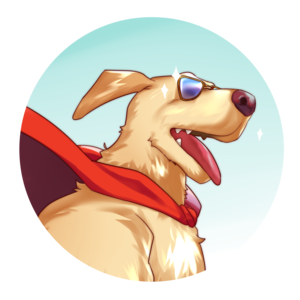
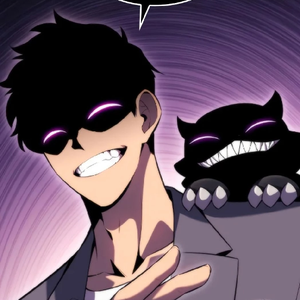
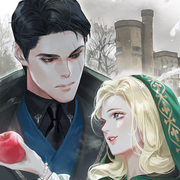
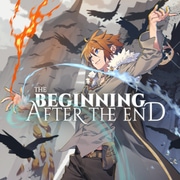
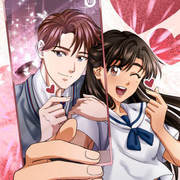
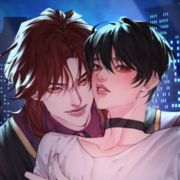
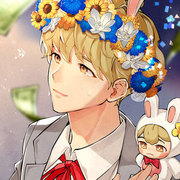
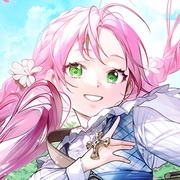

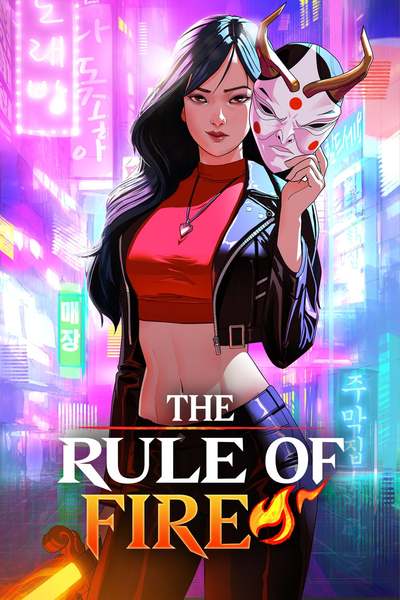
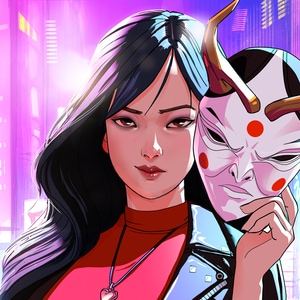
Comments (2)
See all